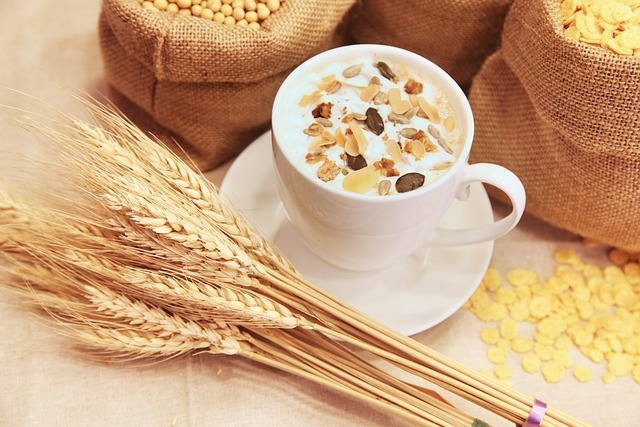Beyond Yogurt: Exploring Unexpected Sources of Probiotics
Probiotics have gained immense popularity in recent years, thanks to their numerous health benefits. These live bacteria and yeasts promote a healthy gut and aid in digestion. Most people associate probiotics with yogurt, but did you know that there are many other sources of probiotics beyond this dairy product? In this blog post, we will explore some unexpected sources of probiotics that you can incorporate into your diet.
Kefir
Kefir, a fermented milk drink, is one of the most potent sources of probiotics. It is made by adding kefir grains to milk and allowing them to ferment. The result is a tangy and slightly effervescent beverage. Compared to yogurt, kefir contains a more diverse array of probiotic strains, making it a powerful addition to your diet.
Sauerkraut
Sauerkraut is a traditional fermented cabbage dish that has been consumed for centuries. It is rich in probiotics and provides a significant amount of beneficial bacteria, such as Lactobacillus. The fermentation process not only enhances the flavor but also increases the bioavailability of nutrients in cabbage. Add sauerkraut to your meals as a side dish or topping, and enjoy the probiotic goodness it offers.
Kombucha
Kombucha is a fizzy, fermented tea that is created through the symbiotic culture of bacteria and yeast (SCOBY). This delightful beverage provides a wide range of probiotics and is known for its detoxifying properties. Kombucha comes in various delicious flavors and is an excellent alternative to sugary drinks.
Miso
Miso is a traditional Japanese seasoning made by fermenting soybeans with salt and a fungus known as Aspergillus oryzae. This fermentation process produces enzymes and probiotic bacteria, which are excellent for gut health. Miso paste can be added to soups, dressings, marinades, and other recipes to give them a unique savory flavor.
Kimchi
Kimchi is a spicy Korean side dish made from fermented vegetables, usually cabbage and radishes. It is loaded with probiotics, vitamins, and minerals. Kimchi is not only delicious but also known for its immune-boosting and anti-inflammatory properties. Incorporate this tangy and spicy delight into your diet to keep your gut happy and healthy.
Tempeh
Tempeh is a traditional Indonesian food made from fermented soybeans. It is a popular meat substitute for vegetarians and vegans. The fermentation process breaks down the proteins in soybeans, making them easier to digest and increasing their nutritional value. Tempeh is not only a good source of probiotics but also provides essential amino acids and minerals.
Pickles
Who knew that those crispy and tangy pickles you love can also be a source of probiotics? Traditional pickles are made through lacto-fermentation, a process that enhances their flavor and increases their probiotic content. Opt for naturally fermented pickles, rather than the vinegar-based ones, to reap the maximum benefits.
Conclusion
While yogurt is often the first thing that comes to mind when we think of probiotics, it is refreshing to know that there are numerous other sources available. Experimenting with these unexpected sources of probiotics can not only diversify our gut microbiome but also add exciting flavors to our meals. So, don’t limit yourself to yogurt alone – explore the world of kefir, sauerkraut, kombucha, miso, kimchi, tempeh, and pickles to enhance your gut health and overall well-being!
Remember, it is always a good idea to consult with a healthcare professional or nutritionist before making significant changes to your diet, especially if you have any underlying health conditions.







